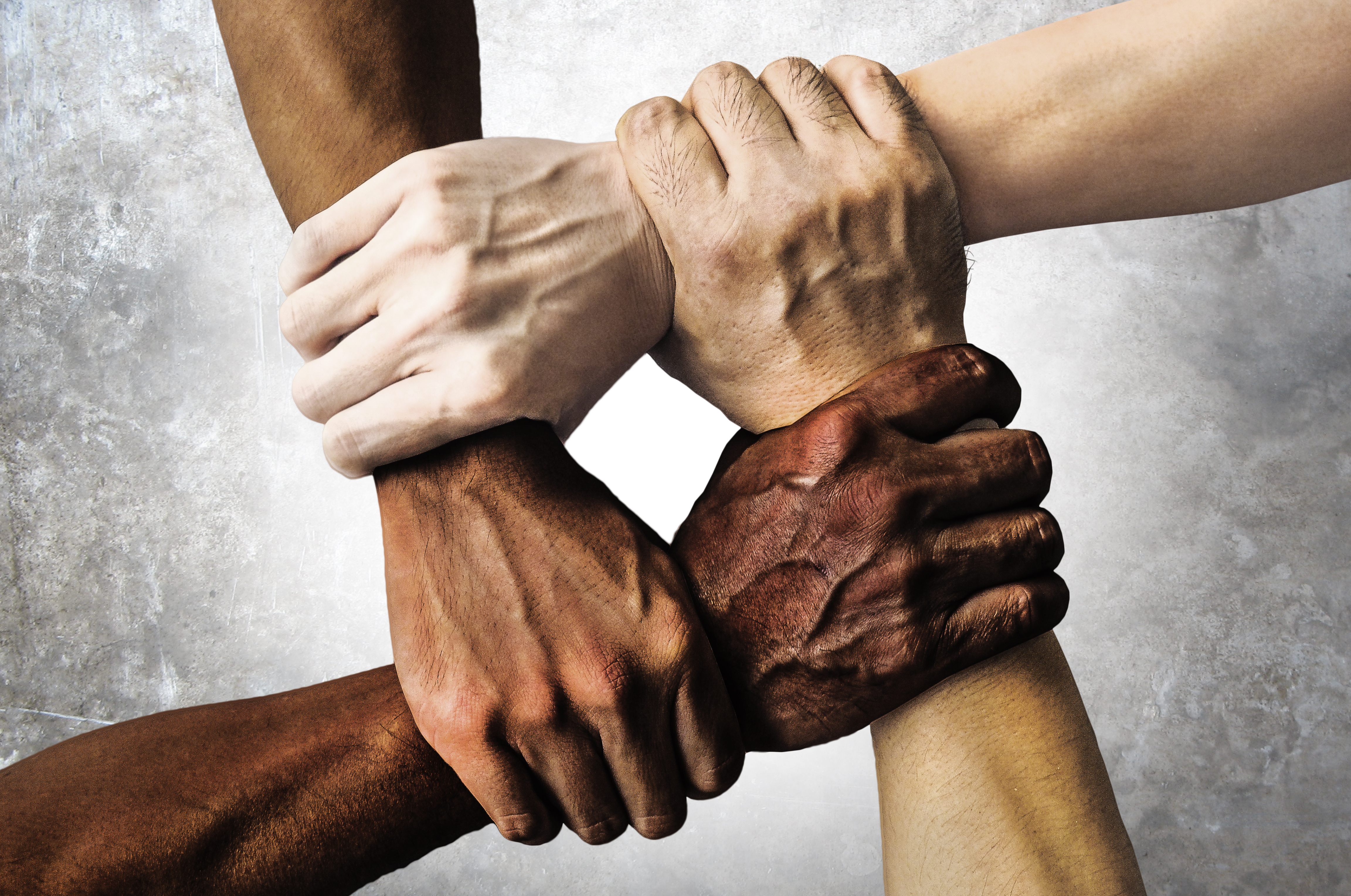KIT Sustainable and Responsible Innovation Challenge
The Winners!
FIMMaterialMaterial System for Mycelium Parts Made by the Fibre Injection Moulding Process
by M.Sc. Simon Mangold wbk Institute of Production Science
Despite its negative environmental impact, plastic is largely used in packaging industry. Industry and research are working on sustainable alternatives and first applications have successfully been realised. Bio materials are being investigated as possible alternatives. Mycelium, the structural part of fungi, is one of the solutions. But with today’s state of the art, there are industrially scalable manufacturing solutions lacking. This proposed research project addresses a material system, which can be used in industrially scalable manufacturing of mycelium-based products. Therefore, the Fibre Injection Moulding process is assumed as process, as it incorporates all the required functionalities. |
|
|
NEWoodA Renewable Wood Alternative
by Dr. Alireza Javadian, Dr. Nazanin Saeidi Institut Entwerfen und Bautechnik (IEB)
In 2020, global consumption of raw materials reached above 90 billion tons while greenhouse gas emissions (GHG) from the production of materials as a share of global GHGs increased from 15% in 1995 to 23% in 2015. The European building construction sector accounts for 42% of total energy consumption, 35% of total greenhouse gas emissions, 50% of extracted materials and 30% of water consumption. This proposal is founded on three main strategies which include resource efficiency, circular economy, and renewable materials to tackle the impacts of construction and other materials- intensive industries on GHGs. With this proposal, development of “NEWood” as a new class of bio- based, resource-efficient, and CO2-negative material is being investigated using only wood waste and agricultural waste combined with mushroom mycelium as a natural binder without the need for any synthetic binders. NEWood is a 100% biobased replacement for timber and engineered wood products and is produced following a circular economy model where no freshly cut wood or fiber is used while at the end of its life cycle no waste will be left behind. NEWood aims to have comparable properties to engineered wood products such as Medium Density Fiber boards (MDF) and particleboards while offering a sustainable material alternative. The outcomes of this proposed work will be a range of established properties for NEWood boards combined with enhanced production and processing parameters that can form the necessary groundwork for commercialization of NEWood boards for construction application in the next phase of the project in line with the KIT Sustainable and Responsible Innovation Challenge statements. |
KIT Sustainable and Responsible Innovation Challenge 2022 - Announcement


